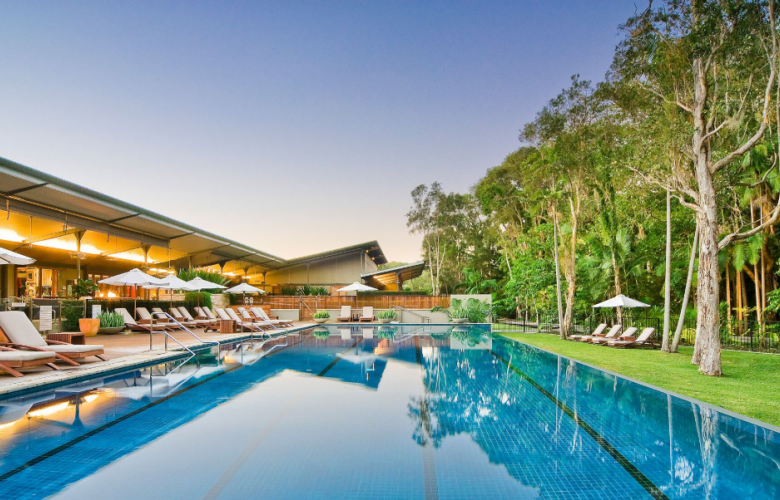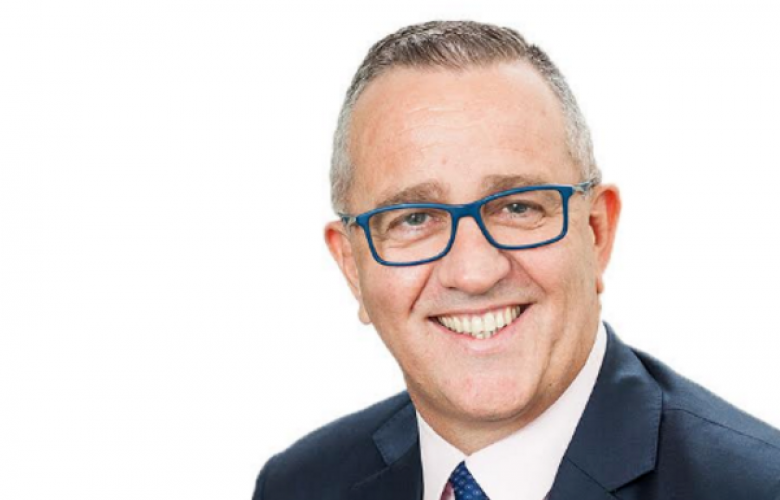Hey big spender - What hoteliers can learn from current trends in the accommodation sector
Contact
Hey big spender - What hoteliers can learn from current trends in the accommodation sector
CBRE Hotels’ latest Australian Check-IN report has been released by CBRE’s Head of Hotels Research Chinmay Chitale and CBRE Hotels’ National Director, Wayne Bunz.
Is age more than just a number? When it comes to the Australian hotel sector, it’s also proven to be the surprise factor when it comes to who spends big on accommodation.
According to CBRE Hotels’ latest Australian Check-IN report, its Millennials - not the country’s cashed up Baby Boomers or high salaried Generation X travelers - who spend more on accommodation than any other generation and should be on hoteliers’ radars.
CBRE’s Head of Hotels Research Chinmay Chitale said the report revealed that Millennials spent an average of $234 per capita per year on accommodation between 2014-2018, ahead of Generation X at $231 and Baby Boomers at $165.
“A portion of accommodation expenditure for Generation X and older Millennial travelers can be attributed to older children and family members, which somewhat explains the lower accommodation spend for Baby Boomers,” Mr Chitale said.
“However, it was still surprising to see Millennials as the highest accommodation spenders, which is likely linked to the fact that many have yet to purchase a house, get married or have children – meaning that they can prioritise travel more readily.”
Mr Chitale noted that Post-Millennials were also emerging as a key market segment, with this generation’s accommodation expenditure increasing by 6.1% annually over the past five years.
Not surprisingly, the Check-IN report highlights that Post-Millennials and Millennials also make up a significantly higher share of total nights spent in private rentals such as Airbnb (56%) relative to total nights spent in hotel accommodation (38%).
However, CBRE Hotels’ National Director, Wayne Bunz noted that private rental growth such as Airbnb within the Generation X market at 27.5% annually also presented a threat to traditional hotel brands, given that this generation currently accounted for the highest share of hotel guest nights nationally at 32%.
“The immersive aspect of private accommodation coupled with Airbnb’s relatively lower price point provides a point of difference to typical hotel brands, meaning that hoteliers need to differentiate themselves by delivering authentic experiences tied to local cuisines, people and events,” Mr Bunz said
Noting a recent CBRE Hotels survey, which focused hotel preferences across all generations, Mr Bunz said Wi-Fi was ranked as the No.1 amenity at 28% followed by fitness facilities (21%), bar & restaurants (20%), hotel design (14%), other amenity such as concierge, business facilities and communal spaces (11%) and room service (7%).
“While the importance of Wi-Fi decreases for older guests, it still ranks as the highest valued amenity overall,” Mr Bunz said.
“On the flipside, one in five respondents consider a bar and restaurant as a key attraction - a figure boosted by older guests who can afford upscale dining experiences - meaning that these facilities are now viewed by hoteliers as a clear differentiator and profit centre.”
That said, Mr Bunz noted that the almost half of young travelers selected indulgence as their experiential preference for staying in a hotel – a fact not addressed by most existing luxury brands.
“There exists an opportunity for the ‘new age’ luxury brand to distinguish itself from Airbnb and typical luxury and upscale brands by providing not only a good product and service but also a shareable and transformative experience,” Mr Bunz said.
“These new age brands are slowly entering Australia – an example being the globally recognised Moxy opening its first Australian hotel in South Yarra in 2021. There is also an opportunity for dual-brand hotels to allow properties to target different market segments.”
While the dual-brand concept was yet to take off in Australia, Mr Bunz said Accor and IHG were expected to open new dual-brand properties in Melbourne by 2022 – following the lead from projects such as Marriott’s dual-brand AC/Moxy hotel complex in Atlanta, designed to attract both business and younger leisure travelers.
“Simply providing a hotel which is designed to address a very broad market is no longer adequate,” Mr Bunz said.
“The market for hotels is evolving at a faster rate than ever before. Owners and investors will need to be nimble and efficient to capitalise on opportunities and those that hold product without a clear action plan for the future will be left with dated assets and falling demand.”
Click here to download the CBRE Hotels Australian Check-IN report
Source: CBRE
See Also:
CBRE release their 2019 hotel market outlook research report
"Domestic demand in New Zealand offsets soft international numbers" - reports CBRE
Tighter yields and limited stock lead pub buyers to broaden their horizons - CBRE Hotels








